H.R. 5151: Quiet Communities Act of 2025
The Quiet Communities Act of 2025 aims to address noise pollution by reestablishing the Office of Noise Abatement and Control within the Environmental Protection Agency (EPA). Key components of the bill include:
Purpose and Background
1. The act recognizes that many Americans suffer from hearing impairments and that noise pollution can lead to various health issues, including sleep loss, stress, and reduced quality of life. Approximately 28 million people are affected, with a significant number of these conditions stemming from noise exposure.
2. The previous Office of Noise Abatement and Control, which was responsible for managing noise issues, was defunded in 1982 despite the ongoing responsibilities the EPA has under the Noise Control Act of 1972. This has left many communities without organized noise abatement programs.
3. The act emphasizes that as population and transportation grow, noise pollution is likely to worsen, necessitating renewed federal involvement in managing and reducing noise exposure.
Reestablishment of the Office
4. The act mandates the reestablishment of the Office of Noise Abatement and Control within the EPA. The Administrator will oversee this office.
Duties of the Office of Noise Abatement and Control
5. The Office will undertake various responsibilities, including:
- Promoting state and local noise control programs by providing technical assistance and grants.
- Carrying out a national noise control research program to understand the health impacts of noise.
- Conducting national assessments on noise exposure trends and compliance.
- Creating public information materials about the effects of noise and effective noise control methods.
- Developing educational programs to support noise control initiatives.
- Establishing technical assistance centers to support local noise control efforts.
- Evaluating the effectiveness of existing noise control laws.
Focus on Local Solutions
6. The Office will prioritize noise abatement strategies that leverage local and state initiatives and encourage market-based approaches in collaboration with other agencies.
Study of Aircraft Noise
7. A specific study on aircraft noise and its effects on nearby populations will be conducted, which will include:
- Investigating the methods used by the Federal Aviation Administration (FAA) for measuring noise.
- Determining the noise threshold that impacts health.
- Assessing the effectiveness of airport noise abatement programs across the country.
8. The results of this study, along with recommendations for mitigating aircraft noise impacts, are to be reported to Congress within two years of the bill's enactment.
Grants and Funding
9. The act outlines provisions for grants under the Quiet Communities Program to support noise abatement efforts. This can include funding for training programs on noise abatement equipment and implementing community noise plans.
Funding Allocation
10. The bill authorizes funding of $25 million per year from fiscal year 2026 through fiscal year 2030 for the reestablished Office of Noise Abatement and Control to carry out its functions.
Relevant Companies
None found.
This is an AI-generated summary of the bill text. There may be mistakes.
Sponsors
26 bill sponsors
-
TrackGrace Meng
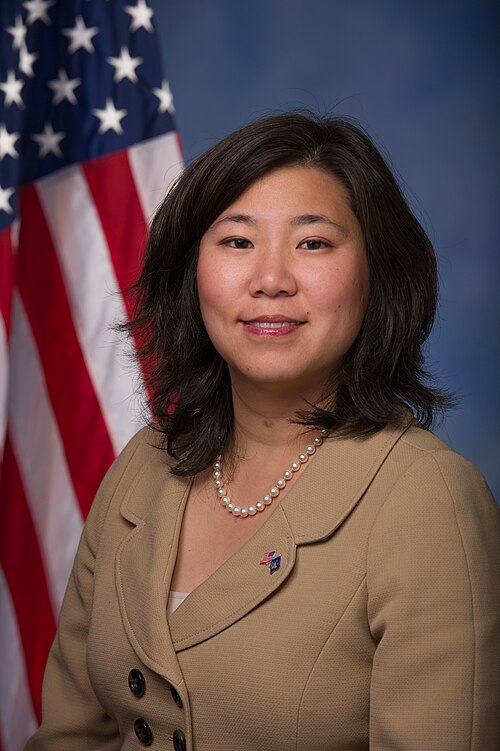
Sponsor
-
TrackDonald S. Beyer, Jr.
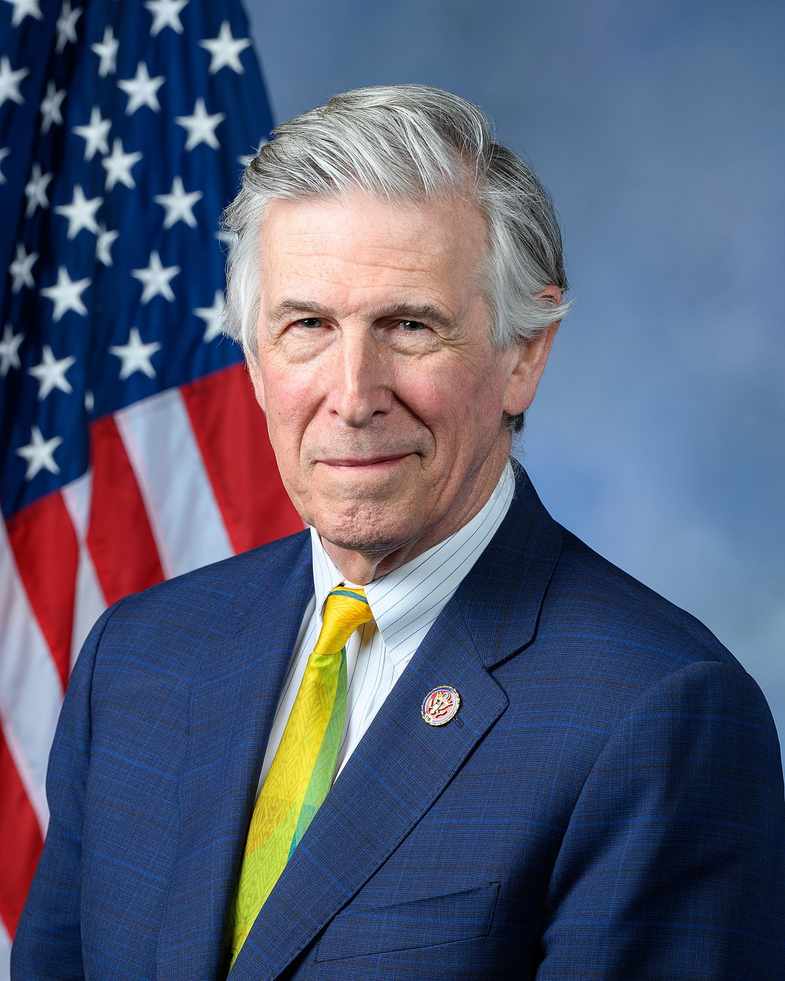
Co-Sponsor
-
TrackJulia Brownley
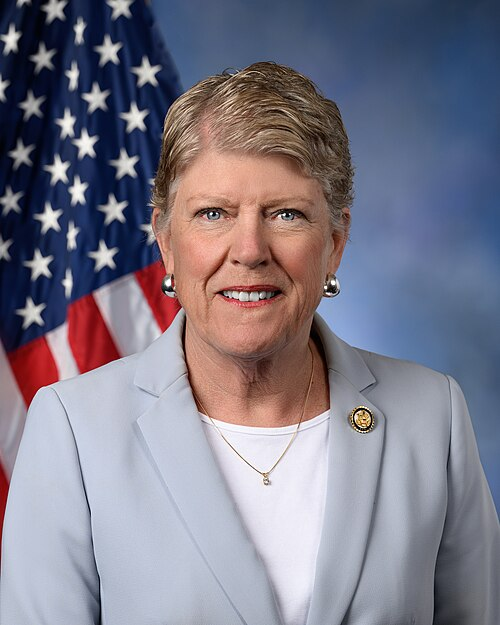
Co-Sponsor
-
TrackSalud O. Carbajal
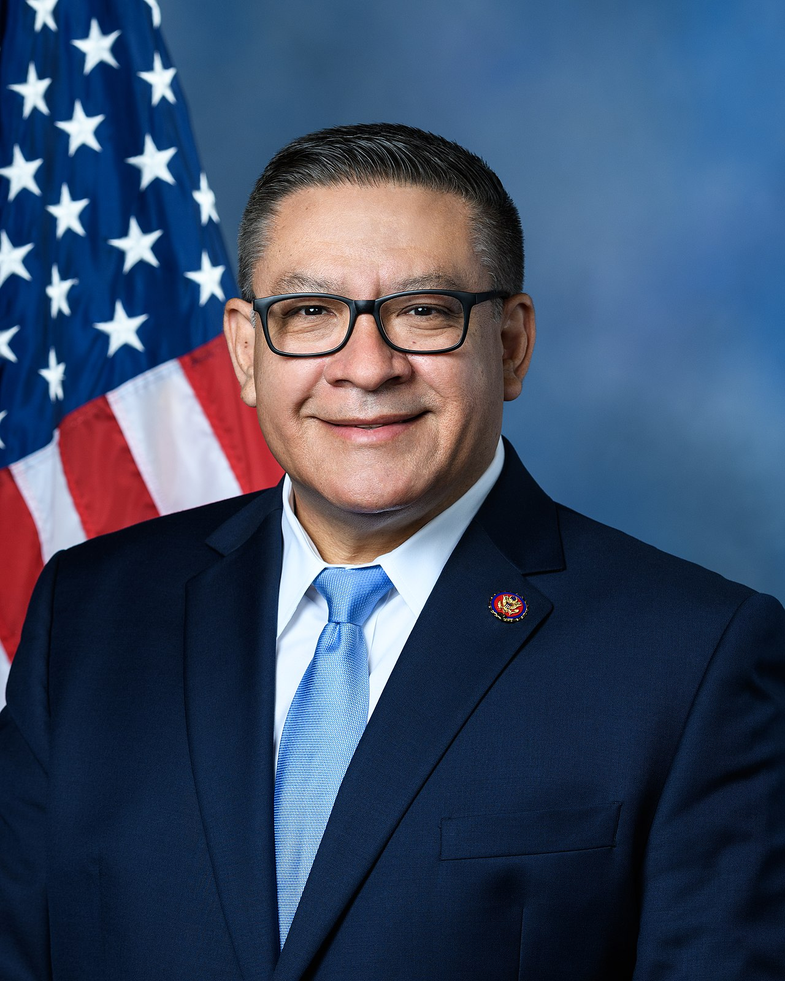
Co-Sponsor
-
TrackEd Case
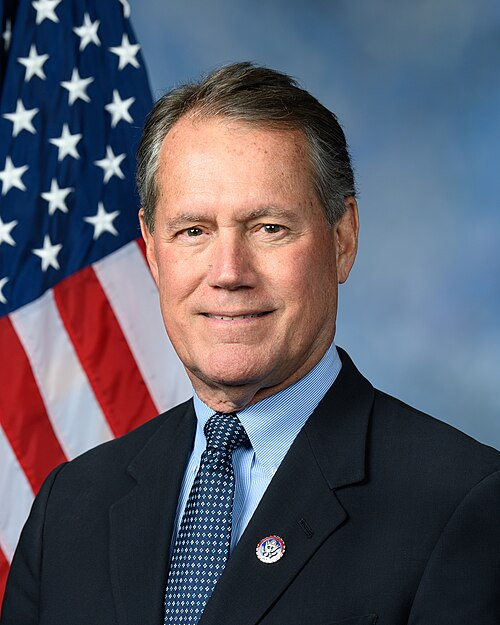
Co-Sponsor
-
TrackSean Casten
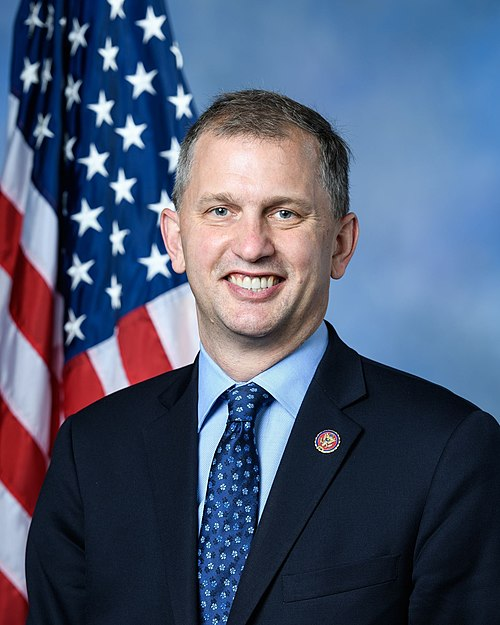
Co-Sponsor
-
TrackJudy Chu
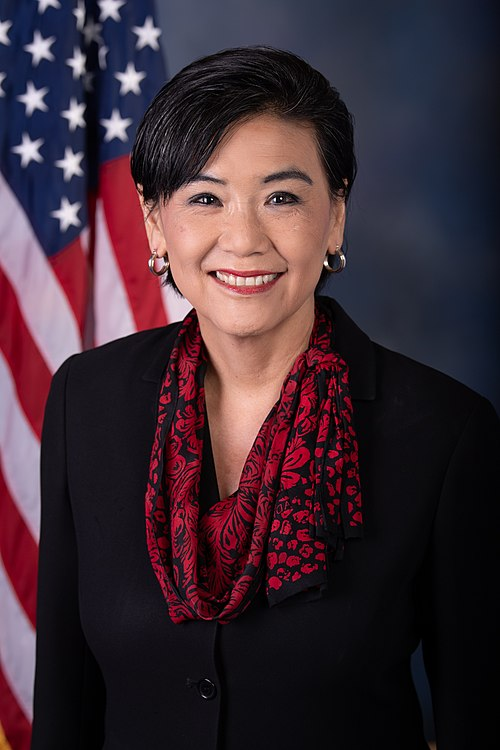
Co-Sponsor
-
TrackSteve Cohen
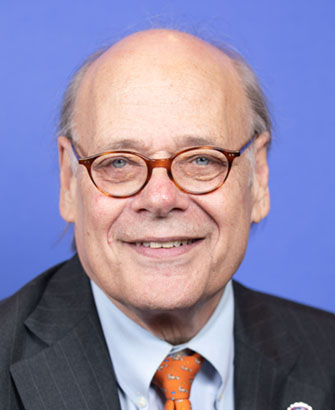
Co-Sponsor
-
TrackBrian K. Fitzpatrick
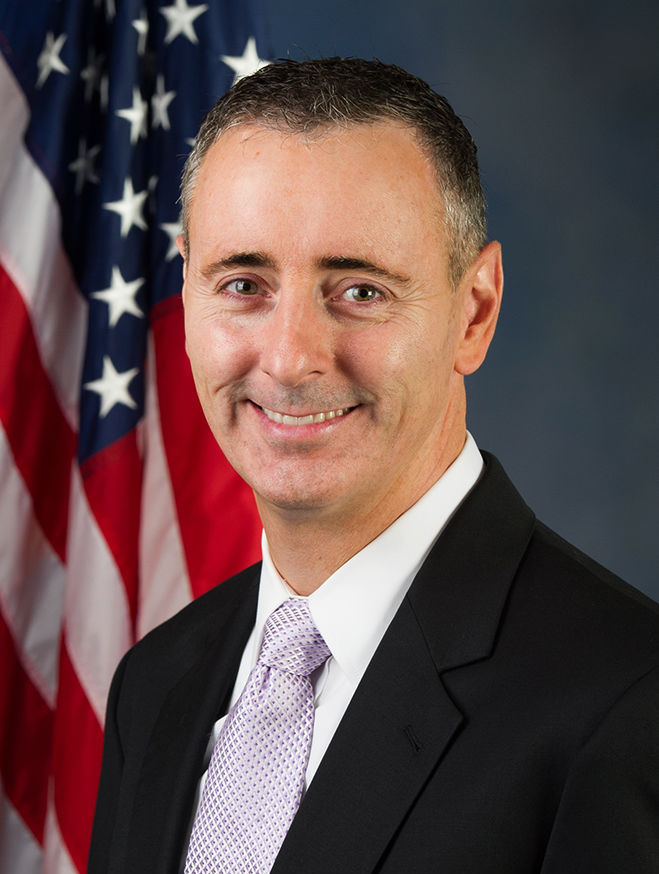
Co-Sponsor
-
TrackLaura Gillen
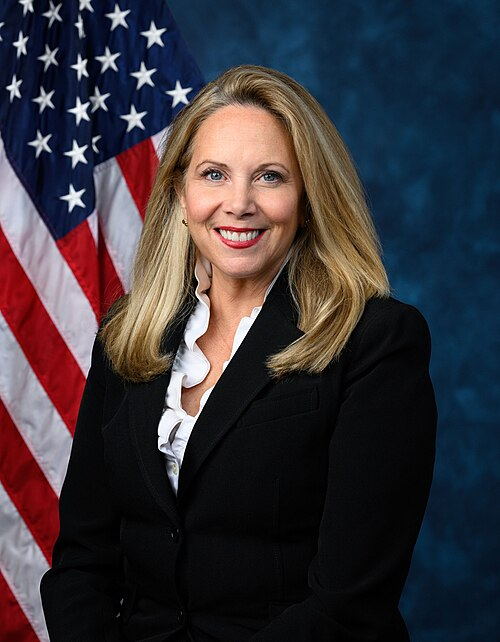
Co-Sponsor
-
TrackDaniel S. Goldman
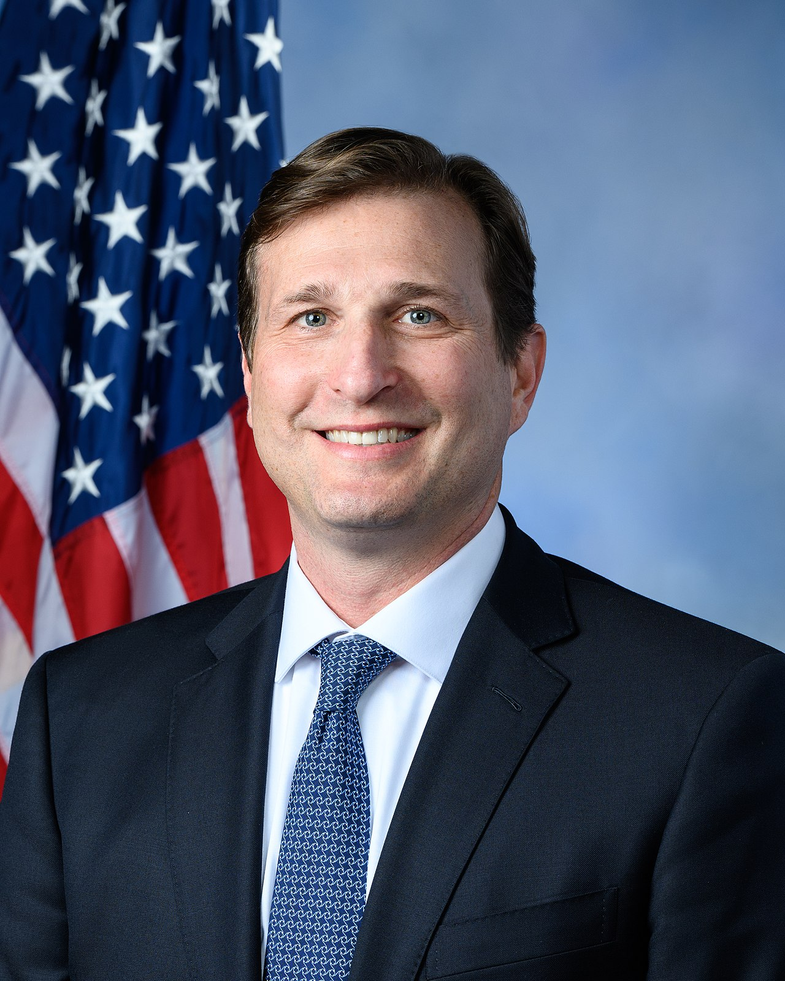
Co-Sponsor
-
TrackGeorge Latimer
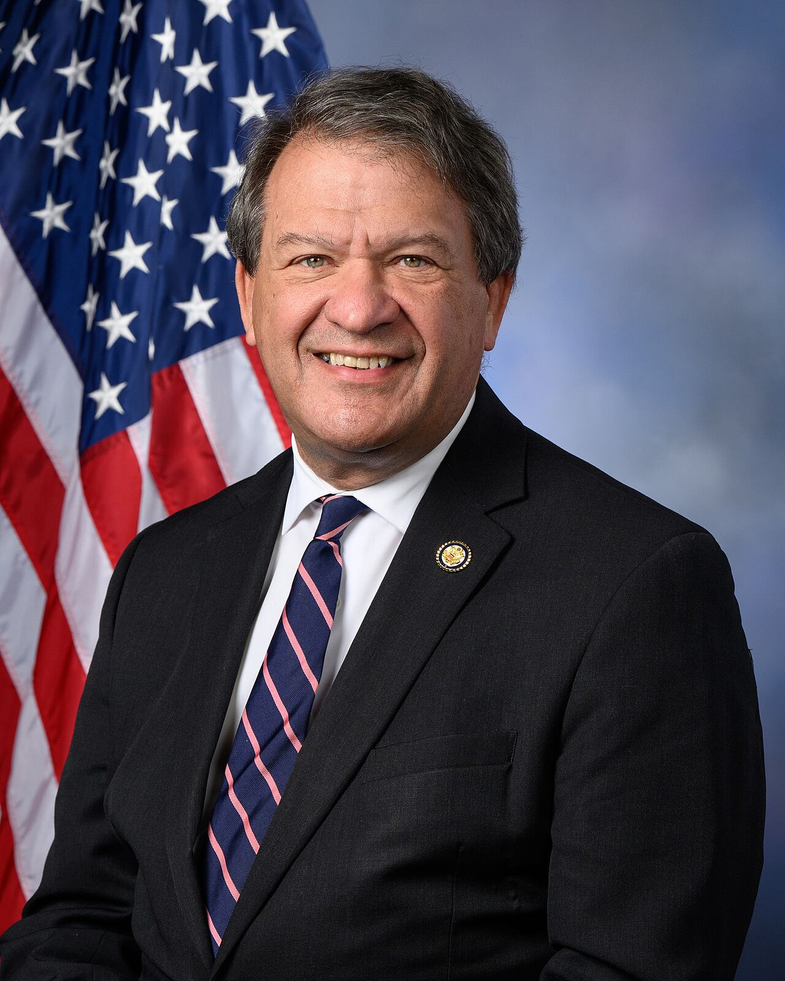
Co-Sponsor
-
TrackMike Levin
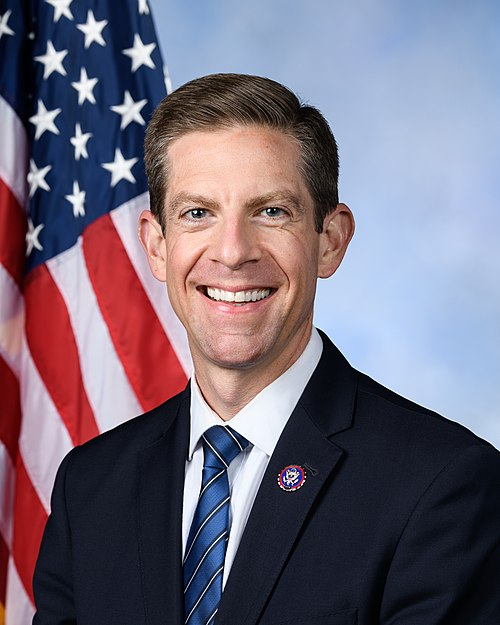
Co-Sponsor
-
TrackStephen F. Lynch
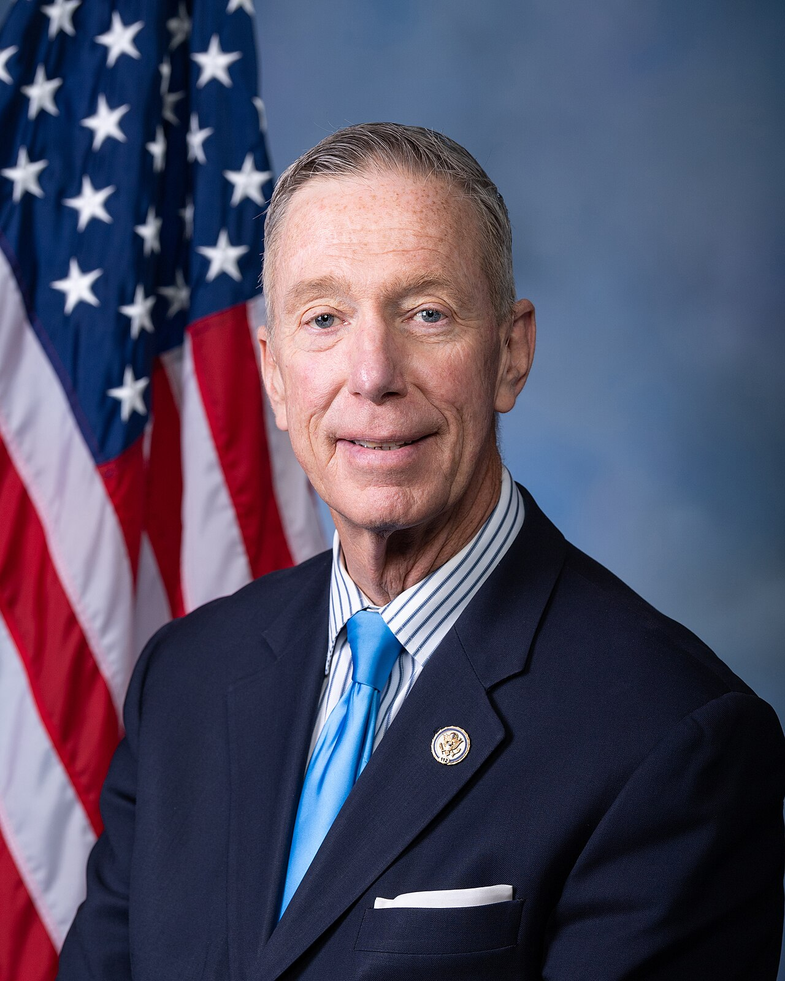
Co-Sponsor
-
TrackDave Min
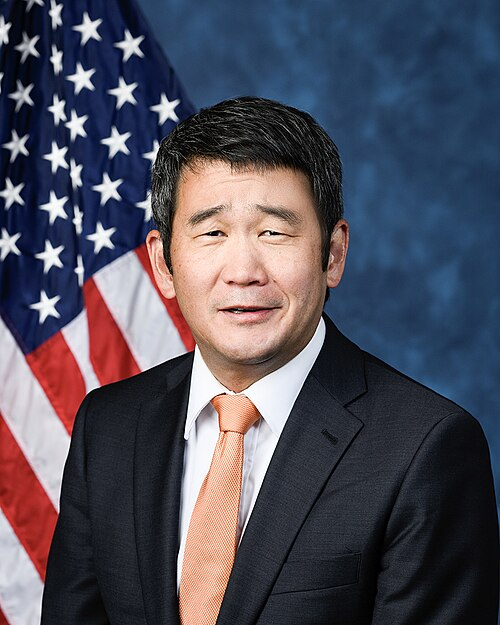
Co-Sponsor
-
TrackKevin Mullin
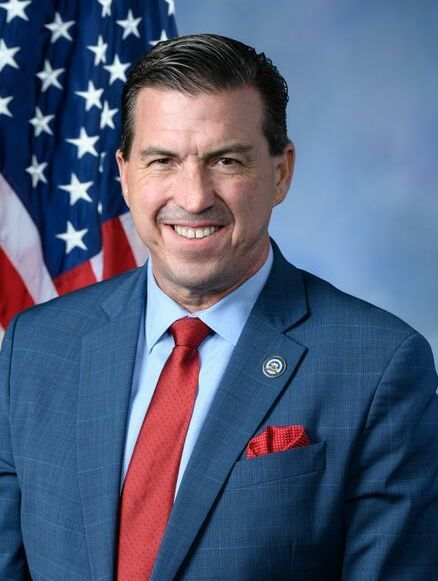
Co-Sponsor
-
TrackJerrold Nadler
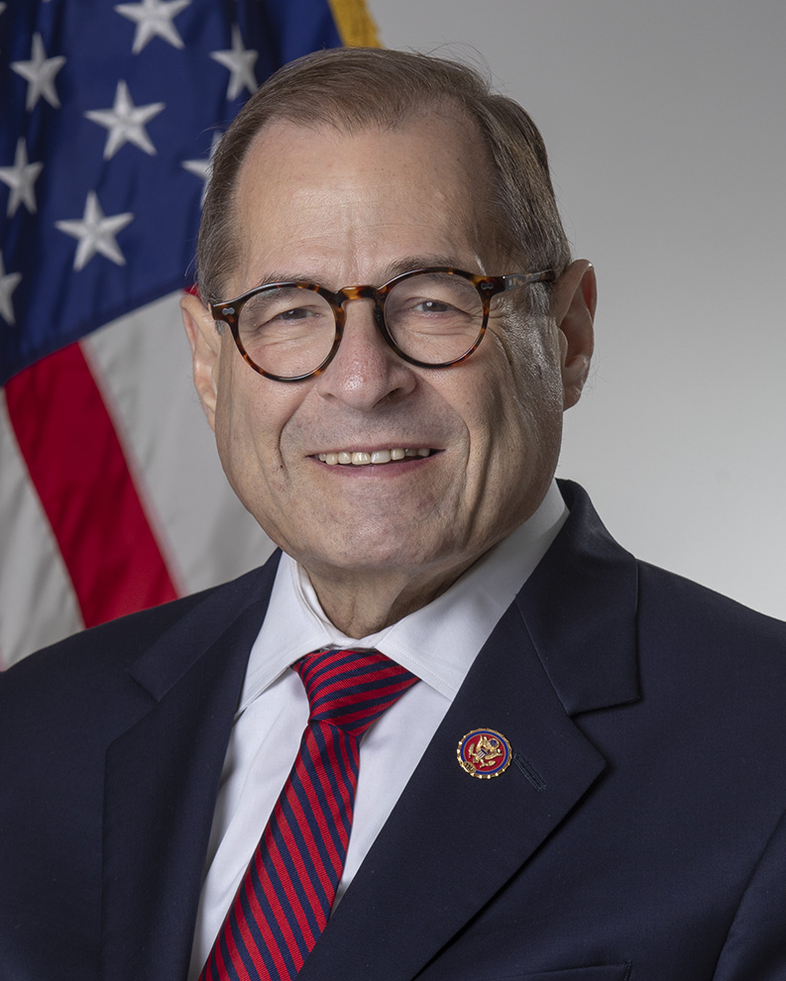
Co-Sponsor
-
TrackJoe Neguse

Co-Sponsor
-
TrackEleanor Holmes Norton

Co-Sponsor
-
TrackAlexandria Ocasio-Cortez

Co-Sponsor
-
TrackScott H. Peters
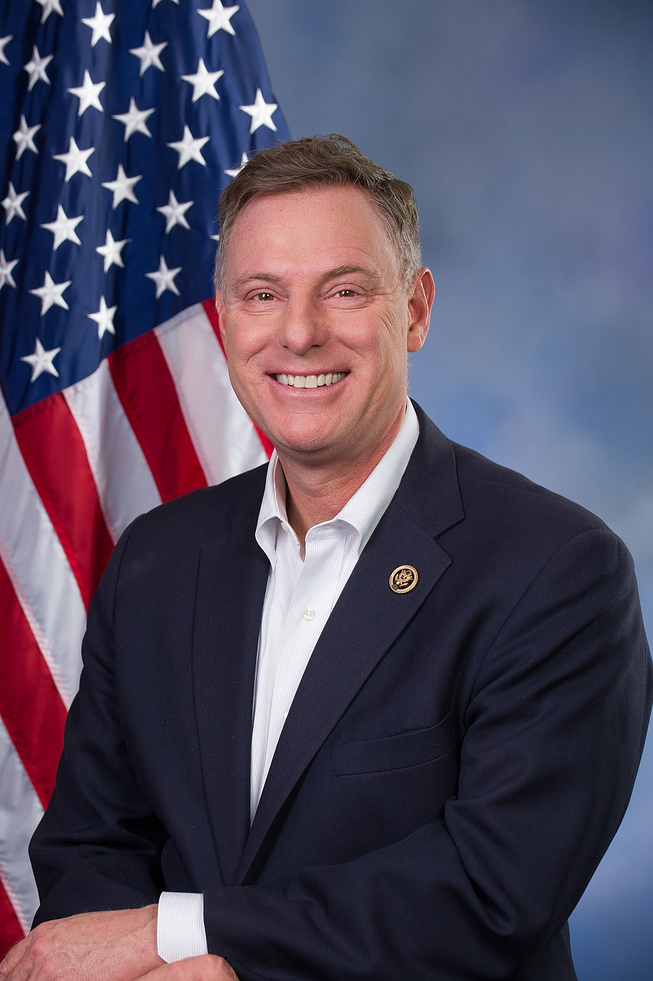
Co-Sponsor
-
TrackBrad Sherman
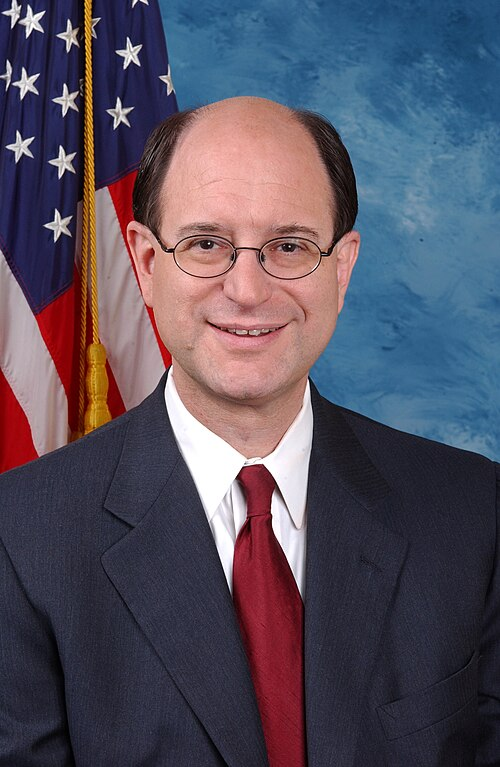
Co-Sponsor
-
TrackSuhas Subramanyam
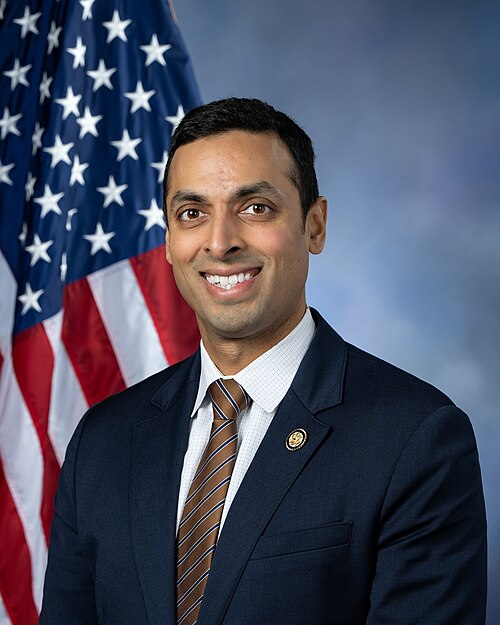
Co-Sponsor
-
TrackThomas R. Suozzi

Co-Sponsor
-
TrackShri Thanedar

Co-Sponsor
-
TrackJuan Vargas
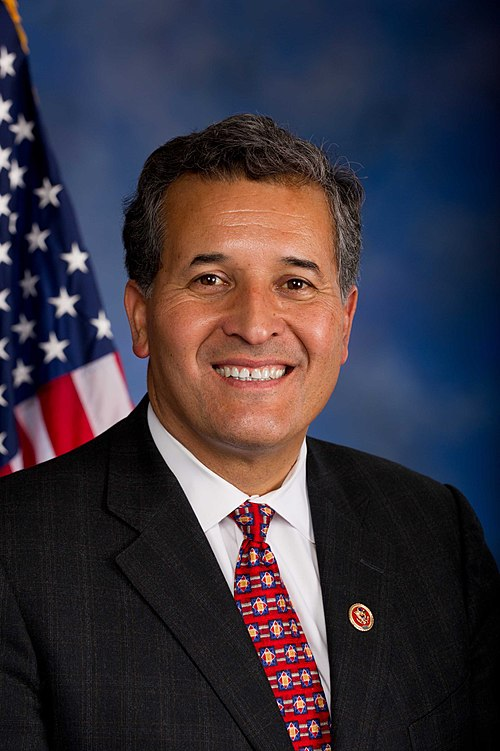
Co-Sponsor
Actions
2 actions
| Date | Action |
|---|---|
| Sep. 04, 2025 | Introduced in House |
| Sep. 04, 2025 | Referred to the Committee on Energy and Commerce, and in addition to the Committee on Transportation and Infrastructure, for a period to be subsequently determined by the Speaker, in each case for consideration of such provisions as fall within the jurisdiction of the committee concerned. |
Corporate Lobbying
0 companies lobbying
None found.
* Note that there can be significant delays in lobbying disclosures, and our data may be incomplete.
Potentially Relevant Congressional Stock Trades
No relevant congressional stock trades found.